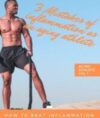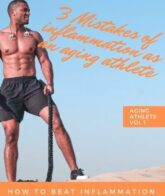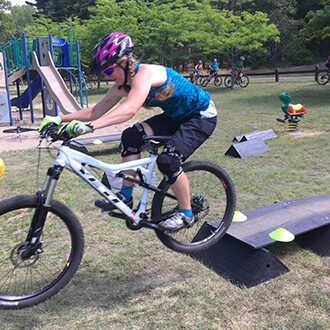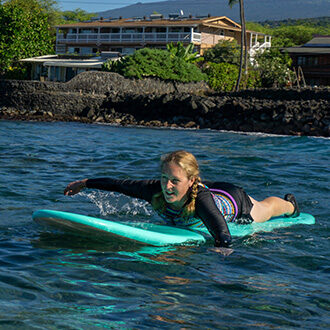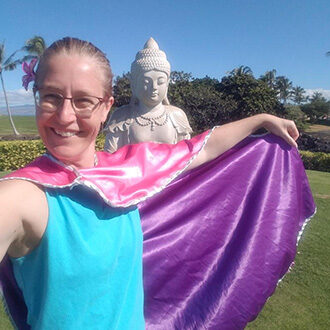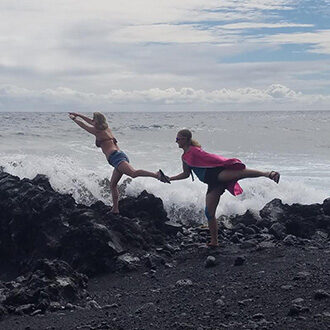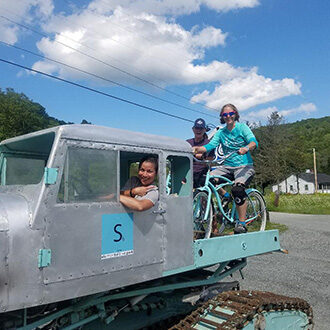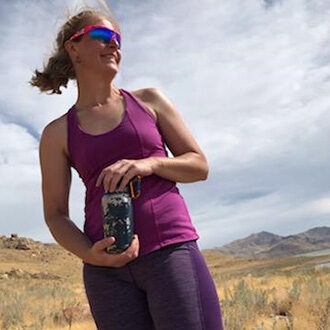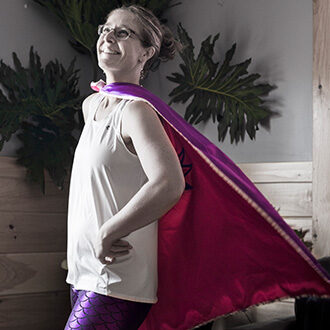Throughout your life, you most likely have spent far more time than you’ve ever expected on running away from the effects of time on your body. From the wrinkles that pop up on your forehead and the fact that your patience itself has become much shorter over the years, age is definitely unkind with regards to what it does to you.
As you spend more time trying to beat the ravages of aging by investing in helpful solutions that can counteract such effects, you’ll realize that there are some problems that are more worrying than others. Whether it’s about the accelerated decline of your metabolism or the fact that your risk of losing hair is intensified, there are certain issues that act as bigger causes for concern than others as you age.
Among the list of different things that you need to worry about when it comes to fighting aging, there’s one question that you’ve probably asked yourself before: “What effect does age have on my athletic performance?”
The tall tale of age and retirement
Over the years, you’ve likely heard stories of athletes having their careers cut short due to their age and tales of professionals experiencing career-killing injuries in their later years. If you’re passionate about a sport or athletic hobby, the chances are that you’ve grown a certain level of fear over getting old after hearing these same exact stories.
When you get to the age of 40 or so, the level of fear and paranoia that you have over experiencing a diminished level of athletic performance will begin to creep up on you. With every workout, match, and recovery day, you’ll begin to question yourself over the possibility that you may be well on your way to being well past your prime years.
Over the years, the fear of becoming old and its commonly-mentioned relationship to being half the athlete one was has become so common that older athletes can’t help but worry about it. However, there are many other factors to consider when determining how age affects your athletic performance. Here are several prominent factors to think about:
Age and oxygen use
Once you get past the “sweet spot” age that ends at your early 30’s, the very first sign of age affecting your athletic performance will appear: a significant change in the way your body uses oxygen.
One of the most prominent effects that aging has on our bodies is that it prevents them from using oxygen efficiently. Over time, this hampered ability results in diminished VO2max levels (or the maximal ability to utilize oxygen) that constrict the ability of our muscles to perform and contract as well as they should, leading to a decline.
As the effects of a diminished VO2max build-up, one’s maximal ability will end up declining about ten percent per decade because of proportionally declining maximal heart rates. As a result, the ability of your muscles to efficiently utilize oxygen (which is called “exercise economy”) ends up going down and making it much more difficult to perform optimally as you would in your 20s and early 30s.
Muscles and recovery
When it comes to understanding the full effect that aging has on athletic performance, it’s important to look at two of the most critical factors that affect an aging athlete’s capabilities: muscles and recovery.
In terms of muscles, age causes the loss of type II muscle fibers (or fast-twitch fibers) that are responsible for producing strength and power and maintaining athletic performance. On top of this, age affects our muscles and athletic performance because it triggers a decline in the body’s ability to support the repair and growth of skeletal muscles.
On the other hand, aging presents a credible threat to athletic performance because it causes a decline in the body’s ability to recover after bouts of intense physical activity. Once the need for extended rest periods increases, a certain limitation in the ability to perform at the highest level begins to kick in and eventually causes some restriction in your athletic ability.
Conclusion
Although there are many threats and problems that you can worry about when taking care of your athletic abilities, the biggest hurdle that you’ll end up running into is aging. By taking this guide and the key points mentioned above into consideration, you’ll be able to best prepare any necessary measure that will help ensure that you get to perform in the most sustainable manner over time!
Working with Meg Parker, we help older athletes stay in tip-top shape and reclaim their inner champion through top-quality sports recovery in Northern New York. If you’re determined to keep your body in its athletic prime even as you age, get in touch with us today so we can help!

